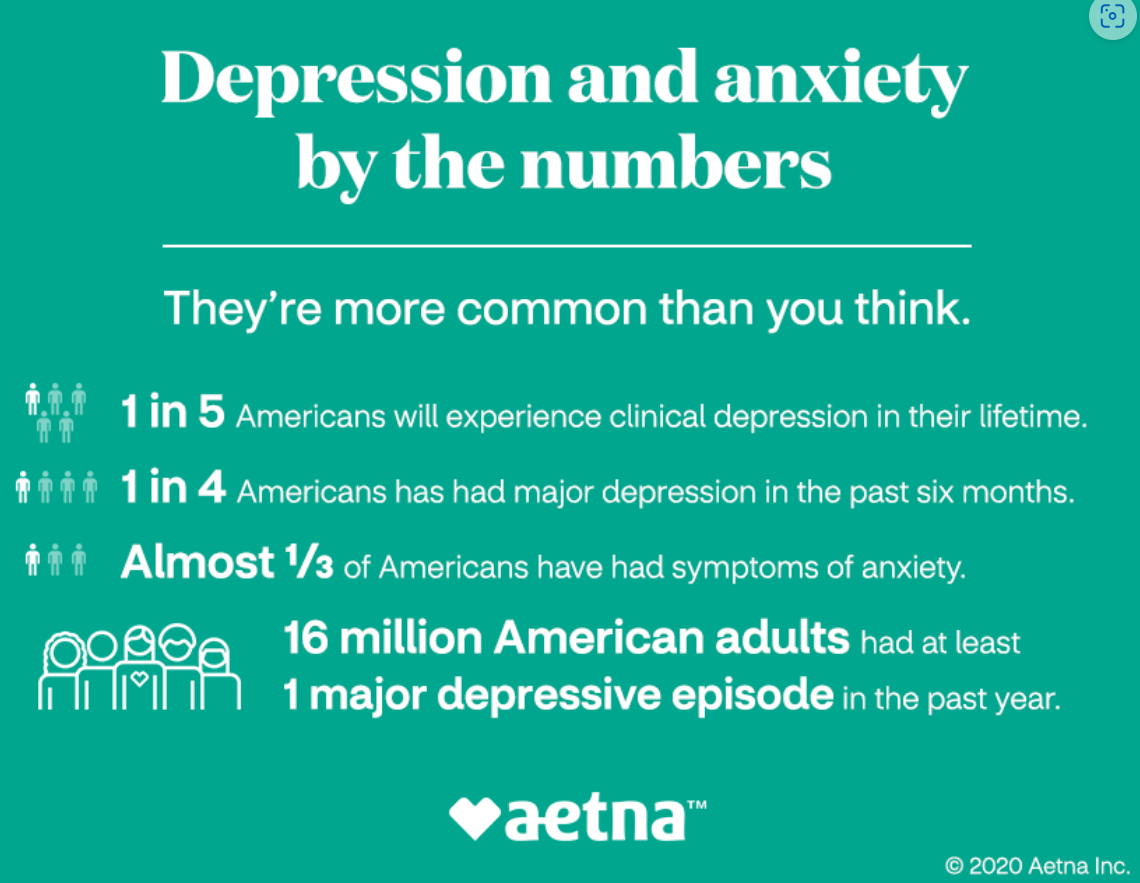Empowering Caregivers with Self-Care for a Healthier Family
The Arizona Association for Foster and Adoptive Parents | AZAFAP

The Annie E. Casey Foundation | aecf.org
Center for the Study of Social Policy | cssp.org
Self-care is important because it helps re-establish balance and avoid burnout. It is often the mechanism of recalibrating and getting in touch with our ability to play, have fun, relax, and connect. — Sabrina Romanoff, PSYD

Behavioral Health Mental Wellness | Aetna Medicaid
If you or someone you know has a mental health emergency, call, text or chat 988. This is the number for the 988 Suicide & Crisis Lifeline. If you have thoughts of harming yourself or someone else, trained counselors can help you, 24 hours a day, 7 days a week.
Cuyahoga County's Just in Time Training is a web based service program designed to connect foster parents, kinship or other caregivers with training, peer experts and other resources. Questions are answered and practical solutions to care for children are discussed - all from the comfort of your home or office.
If you have difficulty accessing any material on this site, please contact us in writing and we will work with you to make the information available. You can direct your request to JITSupport@USF.edu.